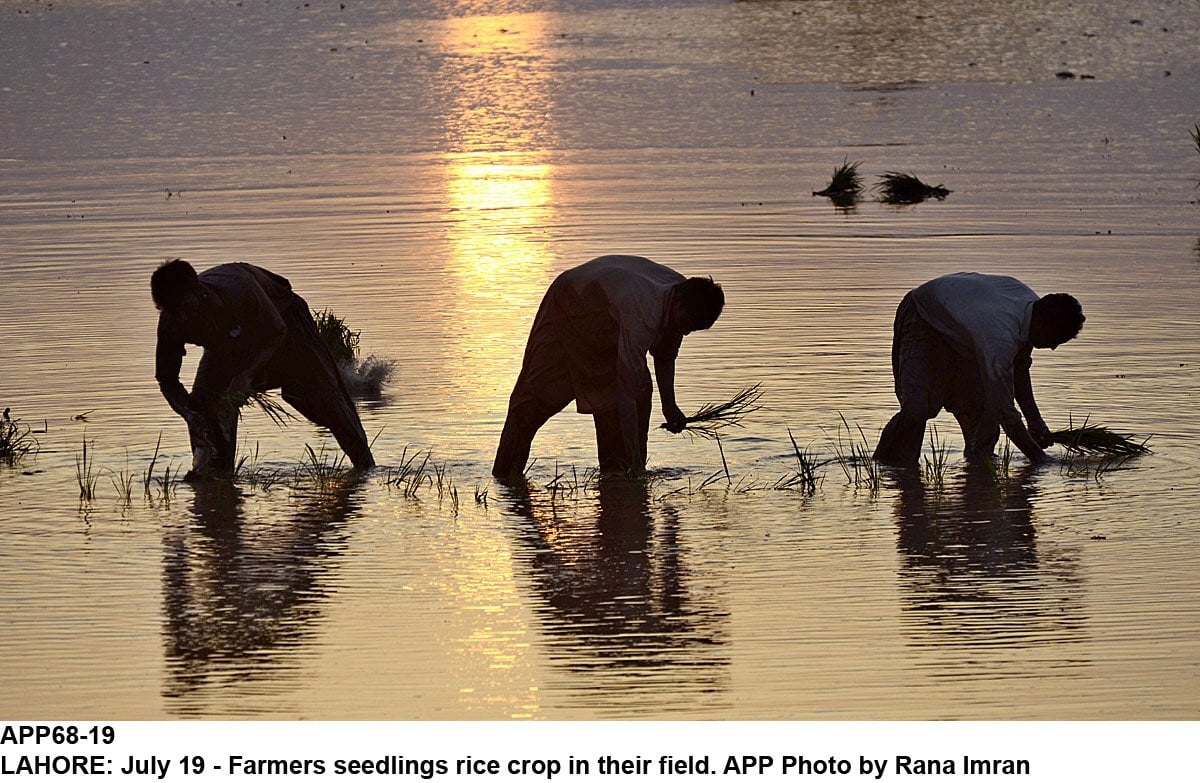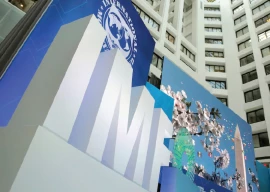
India is more organised, while in Pakistan individual millers try but remain inconsistent either due to lower international prices, product quality and lack of support from the government to establish brand image, he said in an emailed response on why Pakistani rice exporters continue to face challenges.
The situation of falling exports is especially acute since Pakistan is currently facing record high trade and current account deficits, increasing concerns that it may need another bailout from the International Monetary Fund (IMF).
With focus primarily on textiles, many believe that a diverse product range, including the export of rice, would help Pakistan tap international markets and increase its foreign exchange earnings.
However, it seems the road is not so easy.
“Due to better crop economics and support of research institutions in India, their crop keeps a consistent quality most of the time,” said Khan.
He says government’s support and investment in holding foreign exhibitions should be made a policy to brand Pakistani basmati rice the world over.
The company’s position
Engro Eximp Agri Products (EEAP), a wholly owned subsidiary of Engro Corporation, entered the rice business in 2010 but has had a path different from that of other arms of the conglomerate.
It posted a loss-after-tax of Rs478 million in 2016, significantly lower than the loss of Rs4.52 billion in 2015.
While the cash flow statement may have eased a little, EEAP’s challenges remain in abundance, and Khan said that the rice industry, particularly Pakistan’s, is mainly contingent on international and local stock levels.
“It’s a volatile market in terms of pricing, varying crop characteristics and illegal trade channels among many other factors for which credible data is not available to extract the required information for efficient decision making.
“Because of this, the rice trade in Pakistan is very unpredictable and procurement strategies have to be revisited more frequently than usual and inventory limits have to be redefined from time to time.
“As a result, the entire value chain in this industry becomes vulnerable,” he added.
Pakistan rice exports have been facing serious challenges for the last few years. In 2015-16 (FY15-16), the value of Pakistan’s rice exports witnessed a decrease of 8.6%, down to $1.86 billion compared to $2.04 billion in FY14-15.
The situation has worsened in the first 11 months (July to May) of the ongoing fiscal year 2016-17 (FY16-17) as rice exports stood at $1.46 billion, down by a massive 17% compared to the already low benchmark of $1.72 billion in the same period of the previous year.
Challenges in developing brand
Khan said that increasing consumer awareness and molding perception are imperative elements to develop a brand but it requires significant time and capital.
“Firstly, given the instability of rice as a commodity, investors are hesitant to inject capital on the brands side. Secondly, rice paddy and semi processed rice (the two raw-materials for processed rice) are biotic in nature and generally have an erratic set of quality parameters that vary from region to region and supplier to supplier. Resultantly, maintaining consistent quality throughout the year is a big challenge which is critical to brand sustainability and growth,” he added.
Khan said that Pakistani rice as a consumer-level retail product has very low domestic and international presence. “Domestically, rice as a consumer brand is still in its developing stages as it is one of the most expensive options in the staples family with wholesale and bulk sales being the dominating category.”
Consumer perception regarding rice as a brand is still unclear due to which retailers demand excessive product placement fees on top of exaggerated commissions to place the product on the shelf owing mainly to a slower off-take, he added.
The few brands that do exist have been established decades ago, but usually remain an insignificant source of revenue to their respective organisations.
Published in The Express Tribune, June 24th, 2017.
Like Business on Facebook, follow @TribuneBiz on Twitter to stay informed and join in the conversation.


1672385156-0/Andrew-Tate-(1)1672385156-0-165x106.webp)














COMMENTS
Comments are moderated and generally will be posted if they are on-topic and not abusive.
For more information, please see our Comments FAQ